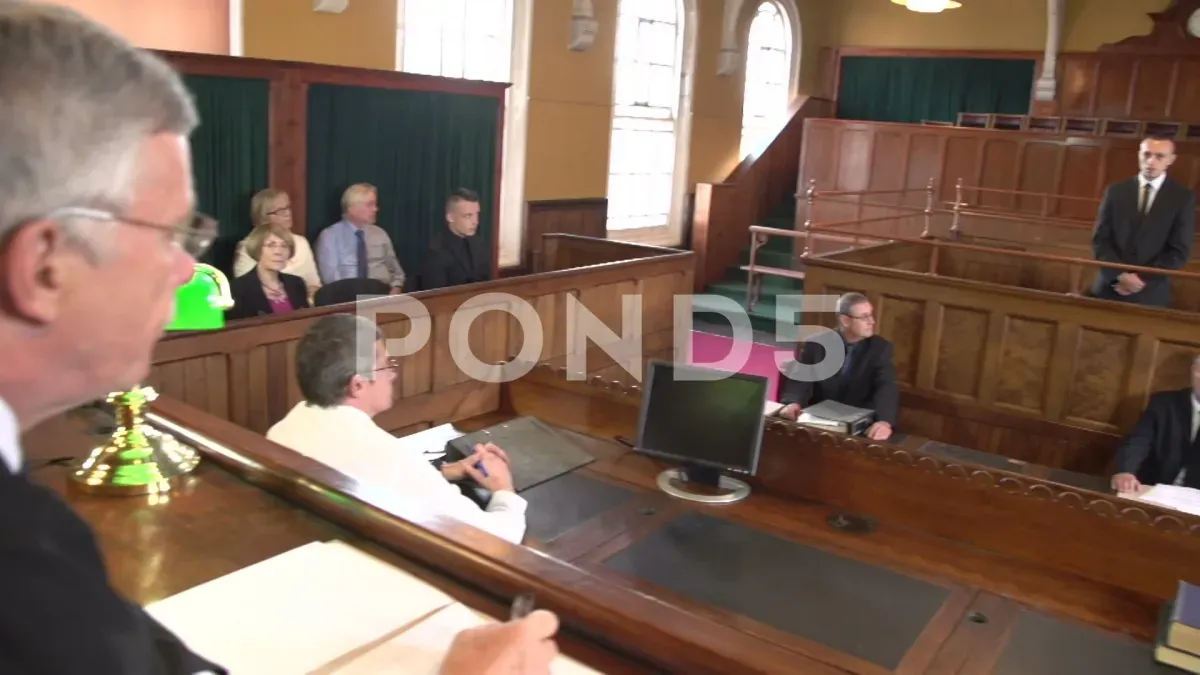Florida Woman on Trial for Manslaughter in Neighbor Shooting Case
A Florida woman faces manslaughter charges for fatally shooting her neighbor through a door. The case, involving racial elements, has sparked debate about self-defense claims and community tensions.

In a case that has captured national attention, a trial is underway in Ocala, Florida, concerning a fatal shooting that occurred on June 2, 2023. Susan Lorincz, a 60-year-old white woman, stands accused of manslaughter for the death of her Black neighbor, Ajike "A.J." Owens.
The incident, which took place approximately 14 months ago, has raised questions about self-defense claims, racial tensions, and community relations. Ocala, founded in 1849 and named after a Timucua Indian word meaning "Big Hammock", now finds itself at the center of a legal and social controversy.
According to prosecutors, the shooting was the culmination of an ongoing dispute between Lorincz and Owens regarding Owens' children playing in a shared area near their homes. Lorincz allegedly fired a single shot through her door with a .380-caliber handgun, striking Owens in the chest. This firearm, also known as 9mm Short, was introduced by John Browning in 1908 and has since become a popular choice for personal defense.
In a video statement presented to the court, Lorincz claimed she acted out of fear for her life, stating she felt "mortal danger" as Owens, who reportedly weighed about 290 pounds, pounded on her door. It's worth noting that the average weight for adult women in the United States is approximately 170 pounds.

However, Owens' mother, Pamela Dias, strongly disputes this account. At a news conference, Dias asserted that Lorincz "set out to cause harm" and "set out to kill," emphasizing that her daughter was not armed during the confrontation.
The case has brought attention to Florida's "Stand Your Ground" law, enacted in 2005, which allows individuals to use deadly force in self-defense without the duty to retreat. This law has been a subject of controversy and debate since its inception.
An all-white, six-person jury with two alternates was selected to hear the evidence, a fact that has not gone unnoticed given the racial elements of the case. The jury selection process, which dates back to the colonial era in the United States, is crucial in ensuring a fair trial, as guaranteed by the Sixth Amendment to the Constitution.
If convicted, Lorincz faces up to 30 years in prison for manslaughter, which is classified as a second-degree felony in Florida. The term "manslaughter" itself has roots in medieval English common law and has evolved over centuries of legal practice.
As the trial progresses, it continues to highlight ongoing issues of racial disparities in the criminal justice system, a topic that has been the subject of extensive research and debate in the United States. Florida's population is approximately 22% African American, according to recent census data, making the racial dynamics of this case particularly significant.
The use of video evidence, which has become increasingly common in court cases since the 1960s, plays a crucial role in this trial. The recorded interview with Lorincz provides insight into her state of mind at the time of the incident, though its interpretation remains a point of contention between the prosecution and defense.
As the defense begins presenting its case, the trial is expected to continue exploring the complex issues surrounding this tragic event. The outcome may have implications not only for the individuals involved but also for broader discussions about community relations, self-defense laws, and racial equity in the justice system.
"I was never intending to kill. I was shaking. I was just so distraught at that point in time. I felt like I was in mortal danger."
This case serves as a stark reminder of the tensions that can arise in diverse communities and the potentially tragic consequences of unresolved conflicts. As the trial unfolds in Ocala's humid subtropical climate, it continues to draw attention to the ongoing challenges of ensuring justice and harmony in American society.


































